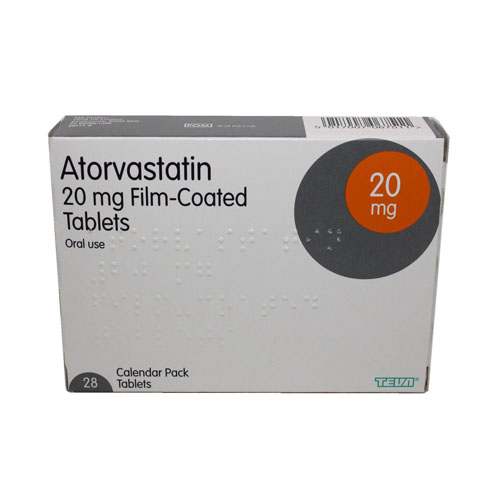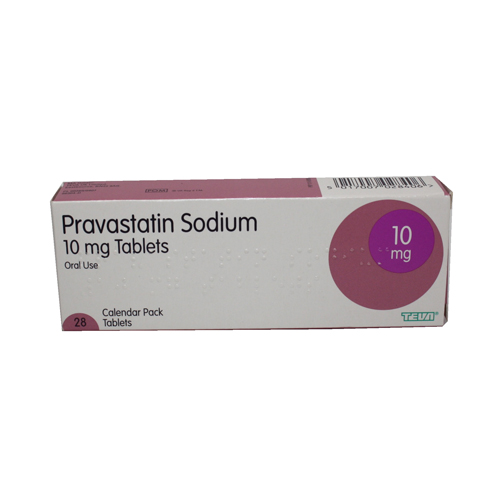What is cholesterol?
Cholesterol is an essential component of your body function. It is a type of fat (lipid) in your blood, naturally present in the body, which is vital for the formation of cell membranes and is used to produce certain hormones, digestive acids and vitamin D.
Cholesterol is carried in your blood by two types of lipoproteins. High-Density Lipoprotein (HDL), carries cholesterol away from the cells and back to the liver where it is broken down or passed out as a waste product. It is also known as the ‘good cholesterol’, higher levels of HDL are desired. Conversely, Low-Density Lipoprotein (LDL), carries cholesterol to the cells requiring it. When where it too much cholesterol available, it builds up as plaque in the artery walls, narrowing the vessel and constricting blood flow, and is hence also known as the ‘bad cholesterol’.
Cholesterol is measured in millimoles (mmol) per litre (L) of blood. Total cholesterol level less than 5 mmol/L and LDL less than 3 mmol/L is optimal. While for HDL, levels of 1 mmol/L or more is desirable.
High Blood Cholesterol
Having excessively high levels of cholesterol, also known as hypercholesterolaemia, adversely affects your health. High levels of LDL and low levels of HDL, result in the build up of fatty deposits in blood vessels, making it difficult for blood to flow easily through the arteries, causing strain. High cholesterol comes about due to numerous factors such as age, family history and lifestyle habits. While it doesn’t usually cause visible symptoms, it significantly increases the risk of serious health conditions such as coronary heart disease, especially for people who already present with other risk factors such as diabetes or high blood pressure.
It is advisable to have your blood cholesterol regularly tested to ensure having safe levels.
High cholesterol doesn’t cause symptoms in itself; it is usually discovered in blood tests measuring cholesterol levels.
In rare cases, people experiencing familial lipid disorders might show symptoms such as bumps in the skin on hands, feet, over their tendons or under the eye lids, caused by deposits of extra cholesterol and other lipids.
Everyone aged 20 years and older should have their blood cholesterol measured atleast once every five years to keep a check on their cholesterol levels, or more frequently if you present with other risk factors.
Events such as a stroke or heart attack that may arise as a complication of high blood cholesterol levels over time, present with symptoms of angina (chest pain), nausea, fatigue, slurring words, blurred vision, difficulty breathing etc.
Other signs of high cholesterol to be aware of include a family member having high cholesterol or a history of heart attack, angina or diabetes in the family.
High levels of cholesterol are caused by a variety of factors, while some can be controlled and managed such as diet, weight, lifestyle habits, others cannot be helped such as age, gender and heredity.
Factors affecting blood cholesterol include;
Diet: Cholesterol is found in foods from animal sources. Foods rich in saturated fat and cholesterol such as meats, whole milk, egg yolks and cheese, and trans fats such as chocolate and processed food, significantly raise LDL levels and decrease HDL levels. Limiting all such foods can help control cholesterol levels.
Weight: A lack of physical activity can lead to weight gain. Being overweight tends to raise your LDL level and lower HDL levels. Routinely engaging in physical activity can help maintain a healthy blood cholesterol level.
Heredity: A tendency for high blood cholesterol can run in families. Familial hypercholesterolemia, an inherited condition, causes very high LDL, beginning at birth.
Age: Before the age of 55, women usually have lower LDL levels than men, while after the age of 55, men tend to have lower levels of LDL than men. However in general, after 20, your cholesterol naturally begins to rise.
Gender: Men often have lower levels of HDL cholesterol than women, from a young age.
Other diseases: Certain diseases may raise your risk of having high cholesterol such as thyroid disorders, chronic kidney disease and some types of liver disease.
Lifestyle habits : Habits such as smoking decreases your HDL levels. Drinking too much alcohol can cause liver and heart damage, increasing blood pressure and triglyceride levels. Moreover, even stress can lead to increased levels of cholesterol.
Blood cholesterol levels are measured through a Lipoprotein blood test, which measures the amount of fatty substances in the blood.
Before the test, you will be required to not eat or drink anything except water for 9-12 hours.
The lipoprotein panel will show results for Total cholesterol, which is a combination of LDL and HDL; LDL cholesterol, which is the main source of cholesterol buildup and blockages in the arteries; HDL cholesterol, which helps remove cholesterol from your arteries and Triglycerides; a type of fat in your blood, high levels raise the risk of heart diseases.
Cholesterol numbers measuring 5mmol/L or less for total cholesterol, 3mmol/L or less for LDL cholesterol, 1mmol/L or more for HDL cholesterol and 2mmol/L or less for triglycerides are considered to be healthy numbers.
To help you manage high levels of cholesterol, in addition to lifestyle and dietary changes, we essentially offer two kinds of treatments; Statins and Fibrates.
Statins
Statins work well at lowering LDL cholesterol levels by slowing down the production of cholesterol and increasing the liver’s ability to remove LDL cholesterol already in the blood. Statins are safe for most people and are well tolerated, with extremely rare side effects. Statins are usually prescribed to people who present with a high risk of heart disease.
There are numerous statin medicines available by prescription such as Atorvastatin, Simvastatin and Rosuvastatin.
Fibrates
Fibrates work to lower triglyceride levels by reducing the liver’s production of VLDL, the triglyceride-carrying particle circulating in the blood. It may even modestly raise HDL cholesterol levels, but does not lower LDL cholesterol levels. It is often prescribed to patients who are unable to tolerate statins. Sometimes, for patients at high risk, doctors may combine a fibrate with a statin.
Fibrate medications available by prescription include, Ezetrol and Bizafibrate.







